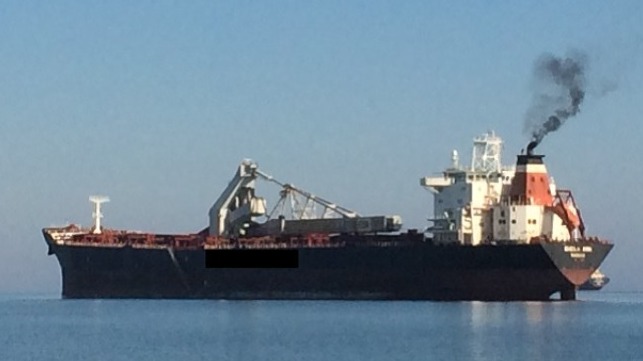Rightship: IMO’s Emissions Benchmarks Too Slow to Enforce Change

As the debate intensifies over maritime decarbonization, the third-party vessel inspection organization RightShip is saying that it believes the IMO’s efforts “may be too slow to reduce global supply chain emissions.” The respected vessel inspector, which focuses on safety and sustainability issues, is criticizing the IMO saying it is too focused on operational issues when it should be concentrating on the technologies that will support the industry’s long-term transformation.
RightShip argues that the IMO’s Energy Efficiency Existing Ship Index (EEXI) and Carbon Intensity Indicator (CII) to reduce greenhouse gas (GHG) emissions slated for 2023 may be too slow to enforce change. They say by only factoring in operational considerations, the IMO is missing out on the crucial emissions reduction capabilities of the Energy Efficiency Design Index (EEDI).
“We support the IMO’s commitment to new carbon emissions regulations. However, RightShip is committed to working towards a maritime industry that causes zero harm, and we have concerns about the limitations associated with the EEXI,” says RightShip CEO Steen Lund. “To achieve industry goals, we must seek out the most innovative solutions and as such, we welcome all opportunities to collaborate with the industry to develop transformative results.”
RightShip’ arrived at its current position after reviewing the IMO’s recent announcement regarding these benchmarks. Based on the recent analysis, RightShip says that the IMO, “fails to account for potential GHG savings through mandated design minimums.” For existing vessels to meet the EEXI, RightShip says the IMO will be relying almost entirely on overridable engine power limitations, such as running vessels at a slower speed. They believe that the IMO’s focus is doing little to pave the way for the technology needed for long-term industry transformation.
“Historically, RightShip has seen the market utilize overridable EPLs to improve their GHG rating,” says Kris Fumberger, RightShip’s Head of Sustainability and Environment. “However, we revised our EPL requirements in 2020 and have since seen a significant move towards other energy saving equipment to meet GHG rating expectations. This confirms that vessel owners and operators can utilize innovative sustainable measures to improve fleet efficiency.”
To support the decarbonization of the industry, RightShip says that it launched its GHG Rating tool in 2012 to help charters select vessels considering both the operational profile and vessel design. Factoring in vessel design they believe provides a more complete picture of efficiency and also encourages shipowners to incorporate new technologies to achieve longer-term improvements in the vessel’s environmental performance.
They concluded by saying, “Working globally across a range of sectors that are under increasing amounts of pressure to decarbonize, it’s vital that the maritime industry moves to accelerate its own transformation in tandem, factoring in all potential efficiency drivers including design considerations and new technology.”
